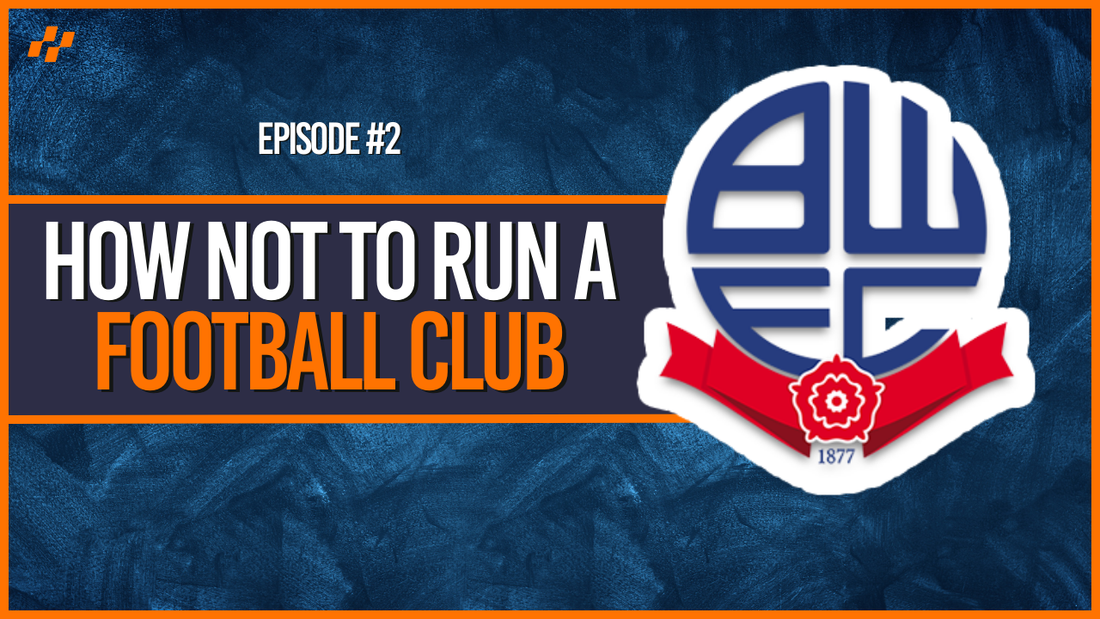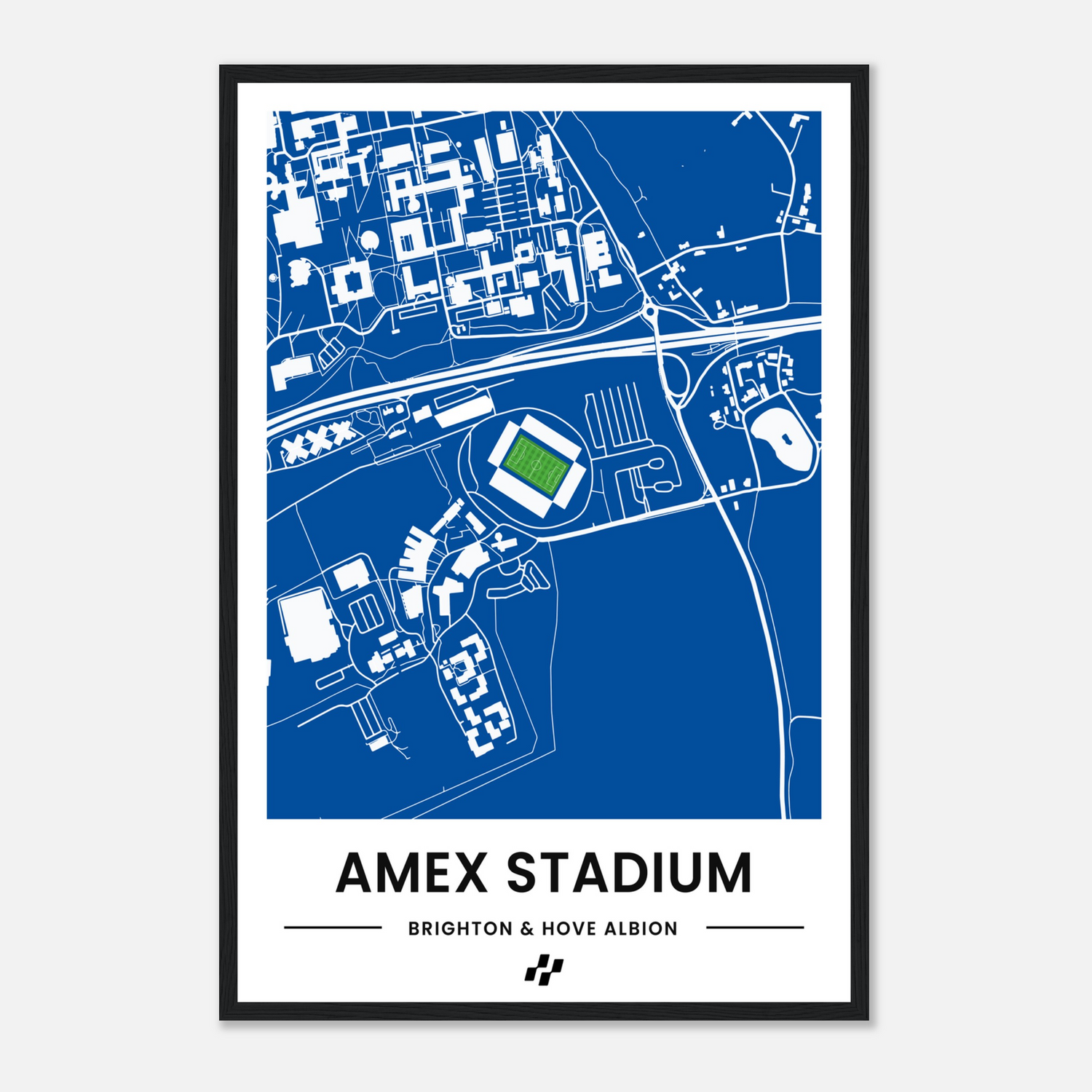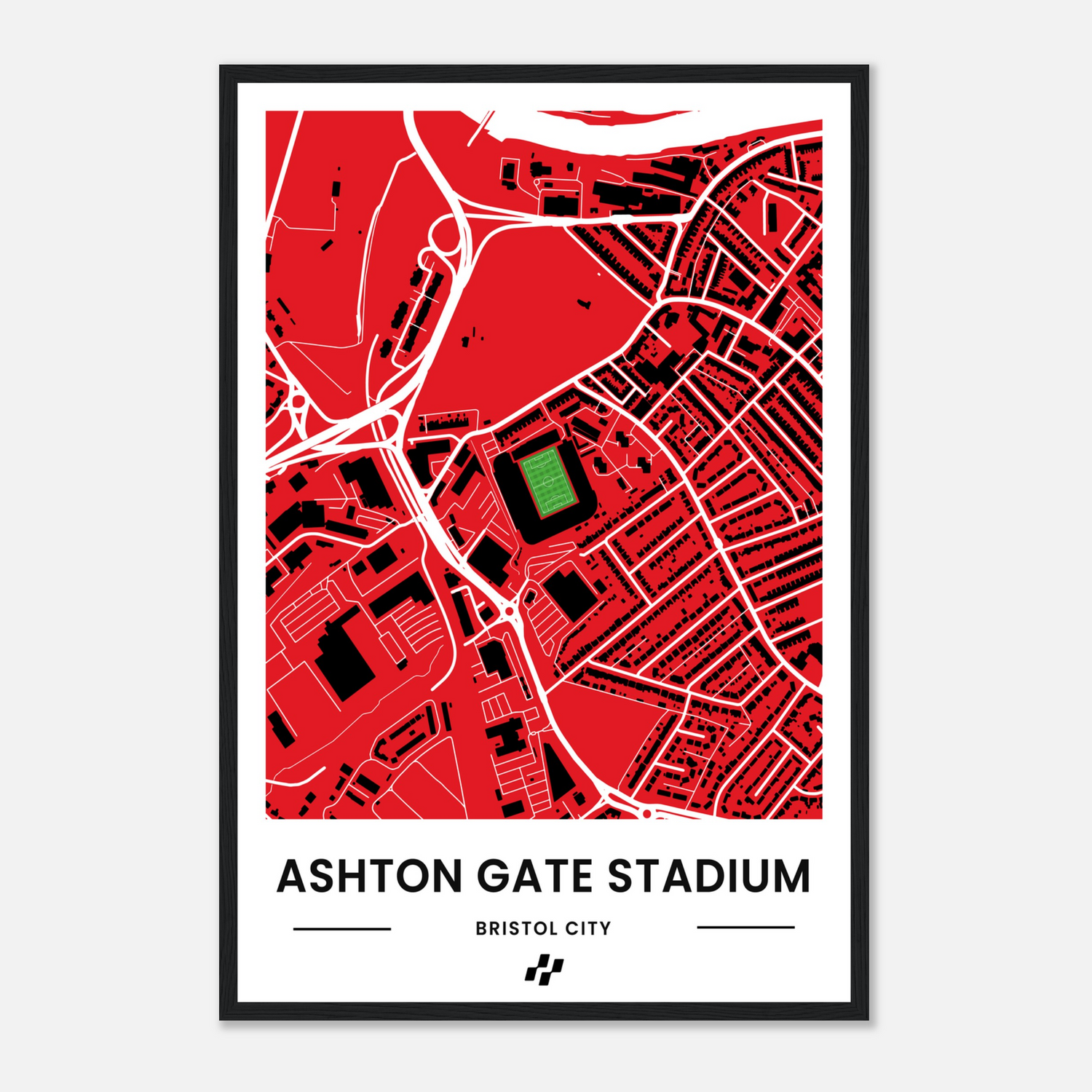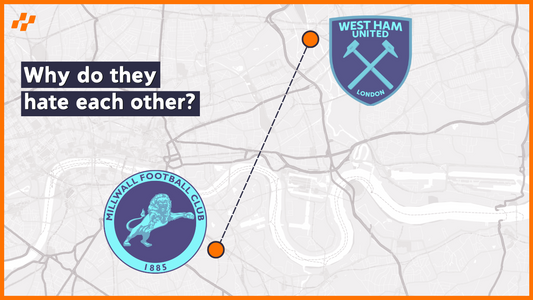
What Really Happened to Bolton Wanderers?
Share
Bolton Wanderers once was considered as one of Europe's top 50 football clubs. They dazzled the Premier League with four successive top-half finishes, securing two UEFA Cup qualifications along the way. The Trotters even locked horns with giants like Bayern Munich, Knocked out Atletico Madrid, and made a spirited charge to the 2004 League Cup final.
Yet, lurking beneath this glorious facade was a financial storm brewing, with a crippling debt nearing £200 million. With their football existence on the brink of collapse, Bolton Wanderers plunged into administration, descending to the abyss of English football's fourth tier.
Then, in 2019, a glimmer of hope with new owners emerged, when a £10 million bid and lifeline that saved the club from liquidation
So what happened to the club that once had the likes of Jay-Jay Okocha, Ivan Campo and Nicolas Anelka?. In this article, we look at the decline, mismanagement and financial turmoil, which led to Bolton's dramatic fall from grace.
Watch the video on our YouTube channel here
The Prosperous Years in the Premier League and Europe
Bolton Wonderers weren't exactly a club flush with cash when Sam Allardyce took them into the Premier League via a Play-off final victory over Preston North End in 2001.
Bolton always had to cast their net a little wider to find talent, often on frees or loans.
Allardyce was able to entice the likes of Youri Djorkaeff, Ivan Campo, Fernando Hierro, Nicolas Anelka and Jay-Jay Okocha - top class players who'd won World Cups and the Champions League - to come somewhere they'd struggle to locate on a map.
Under Allardyce, and in spite of such classy players, Bolton gained a hard-won reputation for stubbornness, with many of the top teams faltering in the face of their physicality and directness.
Bolton just avoided relegation in their first season in the Premier League.
The board kept their faith in Big Sam, and in the 2003-04 season, it started to pay off! Allardyce led Bolton to eighth in the league, their highest-ever finish at the time! They also reached the EFL Cup final, but lost 2–1 to Middlesbrough.
The 2004-05 season was even better, Bolton finished sixth in the league, and earning qualification for the UEFA Cup for the first time in the clubs history.
Between 2003-07, Bolton recorded four consecutive top-eight finishes, a record of consistency bettered only by the big four of Chelsea, Manchester United, Liverpool and Arsenal.
However, by the end of the 2006-2007 campaign, Big Sam departed the club! He later explained his decision, stating that the club lacked ambition as he wanted financial backing to push for champions league places, which the club's board refused.
This was the beginning of there downfall! The club turned from consistently finishing in the top eight to finishing in the bottom half of the table for the following five seasons.
Botlon debits began to rise, their 2010 accounts revealed a huge loss of £35 million plus a significant rise in the net debt to £93 million, thanks to an unhealthy mixture of low turnover and an inflated wage bill.
Bolton’s chairman at the time, Phil Gartside, bears significant responsibility for a string of poor decisions during his tenure. For example, expensive signings like Johan Elmander, who became their record signing at the time in June 2008, proved underwhelming and left on a free transfer after costing the club over £15 million in wages and transfer fees over 3 years. The pattern repeats with other signings like Keith Andrews, whose hefty contract seemed questionable for a 31-year-old midfielder.
Eventually, Bolton were relegated from the Premier League at the end of the 2011-2012 season.
Years of Lower Tier Football Followed by the Ultimate Downfall
After failing to bounce back to the Premier League quickly, the parachute payments dried up and Bolton quickly ran into trouble.
Their long-standing owner Eddie Davies, who made his fortune marketing kettle parts, had put in £180million to bankroll the good times but by late 2015 wanted to walk away from the club.
With the club in near £200m in debt and bottom of the Championship, they faced a winding up petition from HMRC in December 2015 in unpaid taxes. The club was said to owe HM Revenue and Customs £2.2m.
Not only that, the club endured a harrowing period with a 17-game winless streak. This reckoning in court was put off until former Bolton forward Dean Holdsworth and his Sports Shield company finally completed a takeover in March 2016, backed by a £4m high interest loan.
Manager Neil Lennon was replaced by Academy manager Jimmy Phillips for the final games of the season. But Bolton were eventually relegated to the third tier of english football, a first since 1993.
In came new manager Phil Parkinson, who won Bolton promotion from League One at the first time of asking with a second-place finish despite having a transfer embargo.
By this time, Ken Anderson, had become chairman after buying out Holdsworth to take 95 per cent control of the club.
Players such as Rob Holding and Zach Clough were sold to try and manage continued financial losses but cashflow remained a major problem.
The 2018-19 campaign turned into a nightmare for the club. One of many episodes during this season involved a row between Anderson and Forest Green Rovers owner Dale Vince over Bolton failing to pay the wages of Christian Doidge, a Forest Green player on loan with them at the time.
As another search for new ownership got underway, a further winding-up petition by HMRC was adjourned in February 2019. In April, Bolton players went on strike refusing to play 16 hours before a match against Brentford over unpaid wages. the EFL ended up awarding the win to Brentford.
'Anderson Out' and 'Anderson Club Killer' banners became a familiar occurrence in the stands at Bolton games. It was a complete calamity, which ended with the club being relegated to League One after finishing 23rd in the Championship.
The situation worsened as these financial struggles culminated in the club's eventual administration in May 2019, primarily due to an unpaid tax bill of £1.2 million. Which resulted in a 12-point penalty for the 2019–2020 season.
The players didn't receive payments from owner Ken Anderson for 20 weeks, the training ground had no drinking water nor hot water for showers, and the club had to cancel pre-season games as they could not field a competitive squad! They had to offload several key players, such as Gary O'Neil, Sammy Ameobi, Ben Alnwick, and many others, due to the financial turmoil! By the time the new season rolled around without Anderson finding a new buyer, only three senior outfield players were on the books.
Bolton's youth team players were thrown into an unforgiving league as a result with early season results included back-to-back 5-0 defeats to Tranmere, Ipswich and Gillingham, then a 6-1 thrashing at Rotherham.
Where are they now?
The club's existence was in the balance as a takeover by Football Ventures hit obstacles. Finally, in August 2019, the club was eventually bought by Football Ventures in the nick of time, ending the club's period in administration and preventing them from being expelled from the English Football League.
Keith Hill became the new manager, signing nine players before the transfer deadline closed and they eventually won their first match in 22 attempts on 22 October 2019 against Bristol Rovers. They were later penalized five points which was suspended for 18 months and fined £70,000 for not fulfilling two fixtures. The 2019-20 season ended early due to COVID-19, causing bottom club Bolton to go down to the fourth tier of English football for the first time since 1988 and only the second time in their history.
Ian Evatt took over as manager, despite being in 17th place after 24 matches, Bolton orchestrated an impressive season turnaround under Evatt. Bolton immediately gained promotion back to League One and nearly got back to the Championship as they finished fifth in the 2022-2023 campaign before losing to Barnsley in the Play-offs.
And On April 2, 2023, Bolton won the 2023 EFL Trophy final 4-0 against Plymouth Argyle, coinciding with the 100-year anniversary of the 1923 FA Cup final.
The foundations are in place for Bolton to get back in the Championship sooner rather than later. The supporters' trust, which was established in 2016, had a strained relationship with former owner Anderson, but things have improved since the arrival of the club's chief executive, Neil Hart.
Allowing fans to have a say in everything from uniform design to stadium food and beverage. Hart had worked to make Bolton as commercially strong as it could be by re-engaging with the local business community through sponsorship deals such as stadium naming rights.
The club's future is looking more promising, and the days of administration and near-liquidation are hopefully behind them.





